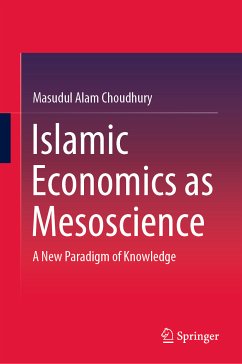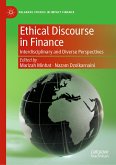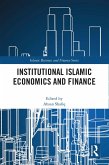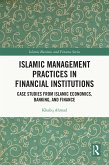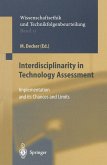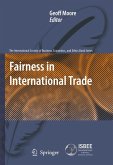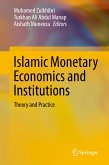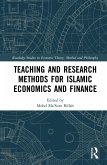This book presents the building blocks of Islamic economics as meso-science, offering an in-depth study of the Qur'anic worldview of the monotheistic unity of knowledge, which is the universal and unique message of Tawhid in the Qur'an. This primal ontological premise is formalised in an analytical approach that introduces and unpacks the philosophical concepts of ontology, epistemology, and phenomenology in relation to the Tawhidi methodological worldview. The analysis of Qur'anic logical consistency is then cast in a phenomenological perspective by applying the complete model of the unity of knowledge of the Qur'an in a specific study of the Tawhidi methodological approach to Islamic financial-economic theory. In doing so, it tackles the problems of meso-economics given its socio-scientific holism in world affairs. It hones in on the results of the symbiotic modulation of evolutionary learning processes in the world system of the unity of knowledge and its material embedding across knowledge, and knowledge-induced space and time dimensions. The author poses that Shari'ah is only partial in its scope, and excludes an analytical methodological worldview. Shari'ah is thus cast in the midst of a meso-socio-scientific absence of any appertaining methodology. The book is a landmark work in the conceptual and applied understanding of Tawhid as the methodological worldview of the monotheistic unity of knowledge in the meso-socio-scientific realm of 'everything', particularised to Islamic economics. Adopting an inter-disciplinary view integrating various fields, it challenges pervasive Western academic and institutional thinking in terms of economics. It will be of interest to students and researchers in Islamic economics, religious theory, Islamic philosophy, development studies, and finance.
Dieser Download kann aus rechtlichen Gründen nur mit Rechnungsadresse in A, B, BG, CY, CZ, D, DK, EW, E, FIN, F, GR, HR, H, IRL, I, LT, L, LR, M, NL, PL, P, R, S, SLO, SK ausgeliefert werden.

